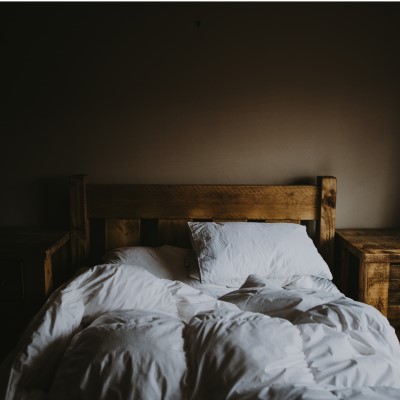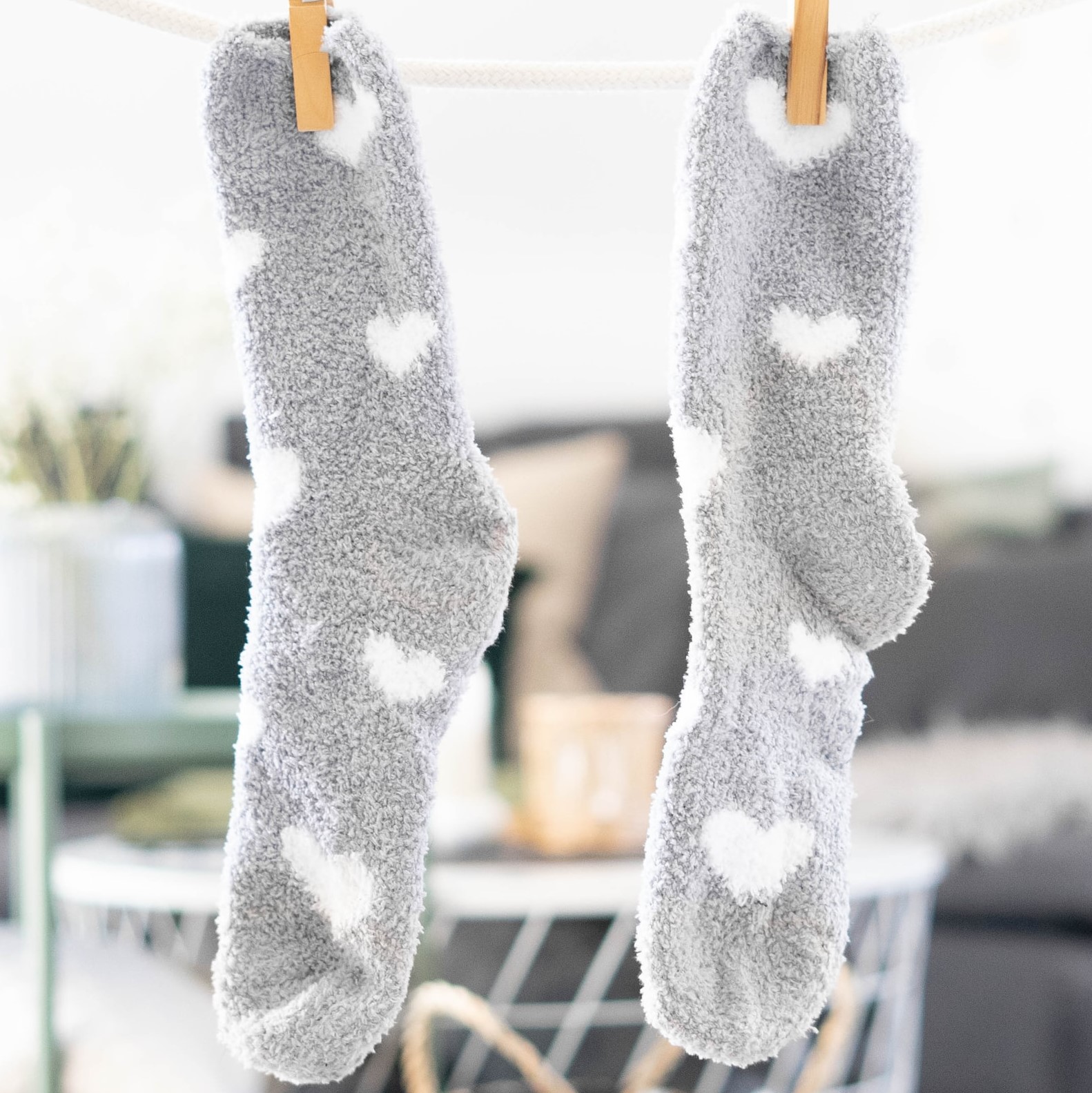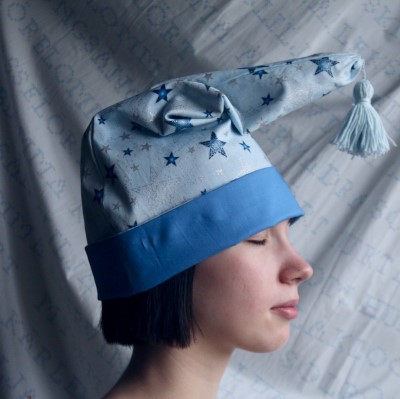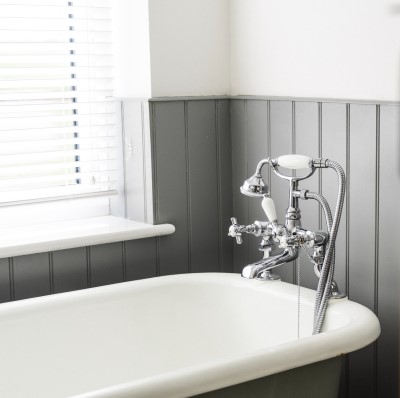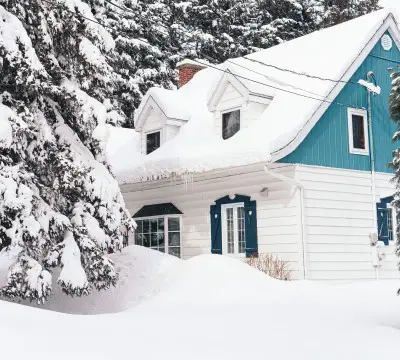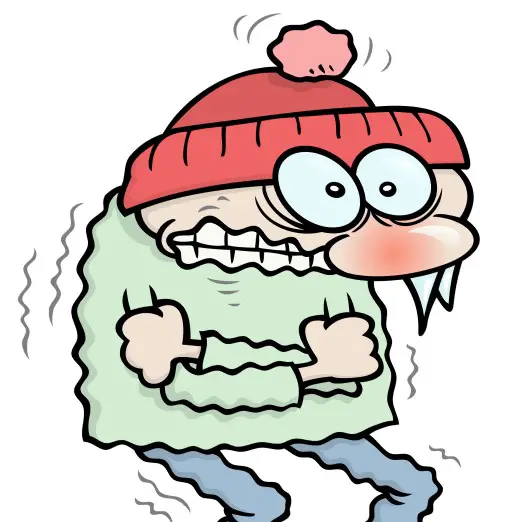
Feeling too cold to sleep at night? What to try and some surprising things to check for
By Jason Wooden, PhD | May 22, 2021
The reasons you may feel too cold to sleep include a low thermostat setting, going to bed cold, inadequate bedding or clothing, a poorly insulated room, and a surprising variety of medical issues.
Your options to stay warmer include better bedding and clothing, a hot water bottle or heated mattress pad, an electric blanket, a space heater, and various other remedies. If you’re cold all the time, you should see a doctor to check for underlying causes.
Miserable because you’re cold, miserable because you can’t sleep
What can be more frustrating than feeling tired but unable to drift off to sleep because you’re just too cold.
It’s twice the misery since you’re uncomfortably cold and desperate for sleep.
On any given night, one in three adults struggle with poor sleep. An uncomfortable sleep environment is likely an issue for some.
Your sleep environment can make a big difference in how well you sleep which is why experts say to keep your bedroom quiet, dark, and cold.
And scientists now say your bedroom temperature is one of the most important factors that can affect human sleep.
There are all sorts of reasons why people may feel too cold to sleep, some obvious and some not so obvious:
- living in a cold climate
- a thermostat set too low at nights
- sleeping with the air conditioning on
- going to be bed cold
- inadequate bedding
- inadequate clothing
- health issues
Regardless of why it’s happening to you, it’s a problem if it’s keeping you from getting the sleep you need. The stakes are high given what poor sleep does to our productivity, health, relationships, and quality of life.
So, yes, you want your bedroom on the cool side for optimal sleep, but how cool is too cold?
Let’s take a look at what you should be aiming for, some practical remedies to keep you warm, and other things you should think about.
Finding the sweet spot: How cold is too cold for sleep?
I’ve already mentioned how important the temperature of your sleep environment is. If it’s too cold or too hot, it will be harder to fall asleep and stay asleep.
We now know that this is more important than most people realize.
It’s not just that you’re shivering or feeling uncomfortable.
Your body temperature is tied into your natural circadian rhythm and sleep-wake cycles.
It ebbs and flows naturally dropping in the hours leading up to sleep.
So, what’s the optimal temperature?
A Google Consumer Survey found that 40% of US adults preferred a bedroom temperature between 66 and 69 degrees Fahrenheit (16 to 21 degrees Celsius) while sleeping.
Sleep experts recommend keeping your bedroom between 60 and 67 degrees Fahrenheit (16 to 19 degrees Celsius) with 65 degrees Fahrenheit (18 degrees Celsius) being the optimal temperature.
Obviously, everyone’s body is a little different which means your sweet spot may be a little bit cooler or warmer.
What to try if you’re too cold to sleep
Okay, let’s look at how to get back into the comfort zone on those nights you’re feeling too cold to sleep.
Obviously, what you do about it will depend on the specific issues you’re dealing with:
- Is it your whole body or just your extremities?
- Is something in your environment or something with your body?
- Does it happen all the time?
Depending on your situation, there are plenty of things you can try.
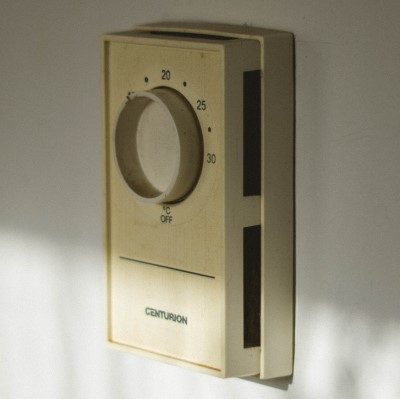
1) Adjust your thermostat
Yes, this is pretty obvious but had to be on the list. Make sure your thermostat is set to a more ideal temperature at night so things don’t cool down too much.
If you’ve been pinching pennies, maybe it’s worth kicking it up a couple notches if it’s costing you your sleep.
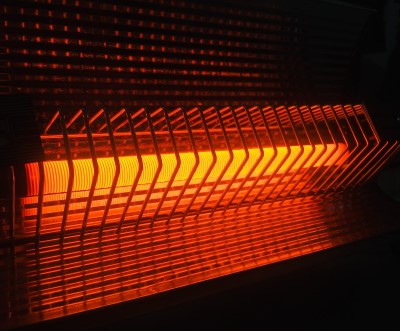
2) Get a space heater
Unable to or don’t want to heat the whole house? An electric space heater may do the job.
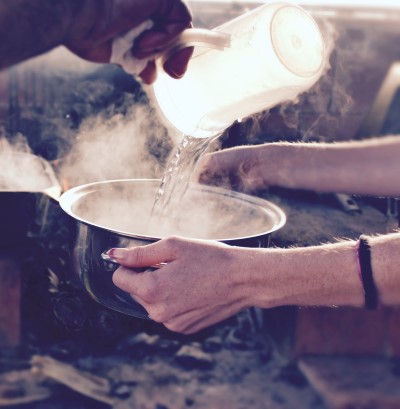
8) Try a hot water bottle
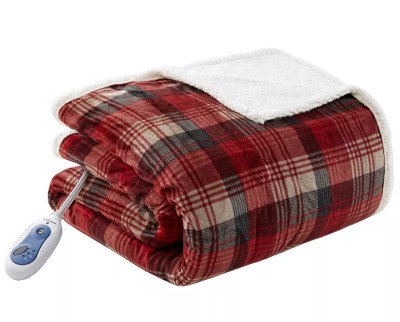
9) Try an electric blanket

10) Try a heated mattress pad
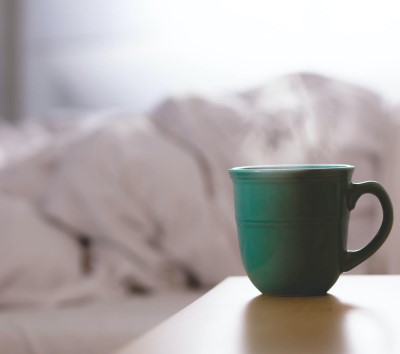
11) Try a hot drink
A hot drink before bedtime may take the edge off, just make sure it’s a sleep friendly beverage that won’t leave you wide awake. Stay away from sugary, caffeinated, and alcoholic drinks.
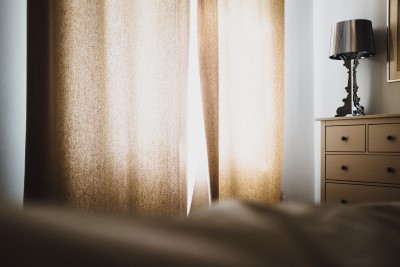
13) Check for drafts
Check your windows for cold air leaking through. Try adding weather stripping and heavier curtains.
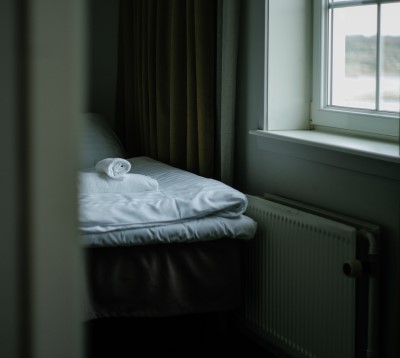
14) Move your bed away from the window
Even if you seal up all the drafts, a window can still radiate quite a bit of chill in colder climates. Moving your bed to an interior wall may take the edge off.
Health issues that can make you feel too cold to sleep
If you find no matter what you try, you’re still too cold to sleep there may be something going on with your body such as an underlying health issue.
This is especially true if you’re feeling cold all the time.
Some of the health issues linked to feeling cold are:
- anemia
- arteriosclerosis
- Raynaud’s disease
- hypothyroidism
- infection
- menopause
- diabetes
- kidney problems
- anorexia
- medications
If this sounds like you (or you just want to know things are okay with your body), it’s worth discussing your concerns with a doctor and getting a checkup.
Sharing a bedroom with someone who likes to sleep too cold for you
We’ve all met people who like their bedroom arctic cold. I even know a few who leave the window open even in colder times of year thriving on the fresh cool air.
So, what can you do if you have a roommate or partner who really likes things on the chilly side?
I mean so chilly it’s just plain cold for you…
There’s going to have to be some compromises so that you find a sweet spot that keeps you from feeling too cold to sleep and it’s not uncomfortably warm for them.
Start with a room temperature on the lower side and try some of the remedies listed above.
You can layer up with warmer clothing, better bedding, and an electric blanket or heated mattress pad.
They can try switching to cooler clothing, sleeping with less bedding, and running a small fan to cool their body.
Temperature isn’t the only thing to check for your sleep environment
Your bedroom temperature isn’t the only thing to pay attention to. There are other things that could be keeping you from sleeping as well as you could.
Remember, it’s important to keep your sleep environment dark, quiet, AND cool.
So, you could be feeling too cold to sleep AND find it too noisy to sleep.
And, maybe, there’s just too much light pollution in your bedroom.
These issues can all make it harder to fall asleep and affect how well you sleep.
Nuisance noise can jolt you awake or pull you out of deep restful sleep into a lighter sleep. Too much ambient lighting tells your body it’s not time to sleep.
And don’t overlook your bed. Are the mattress and pillows supportive of quality sleep?
If there’s too much noise, try ear plugs or a white noise machine. For excessive lighting, you can try black out curtains or an eye mask
The important thing is to make sure your bedroom is setup for sleep success.
What else you can do to keep your sleep on track
Given how frustrating things can be when you’re feeling too cold to sleep, you want to do everything you can to ensure you’re making the best of your nights.
Unfortunately, there’s a long list of things that can cause or worsen sleep problems.
And sometimes you can do things for your sleep that don’t address underlying issues.
This makes it important to practice good sleep hygiene, the everyday habits that set the stage for deep restful sleep. Poor sleep hygiene can sabotage everything else you do for your sleep.
For better sleep hygiene, you should:
- keep consistent wake up & sleep times
- avoid naps
- exercise during the day
- avoid large meals, alcohol, or stimulants such as
- caffeine before bedtime
- maintain a regular bedtime routine
- avoid using TVs, laptops, or other electronics before sleep
- keep your bedroom dark, cool, quiet, & relaxing
It’s also important to see a doctor, especially if your insomnia becomes a long-term problem.
I’ve already mentioned how some health issues can cause people to feel cold.
Too many people are unaware how many medical issues can cause problems or worsen sleep. This includes things like chronic pain, heartburn, cancer, dementia, and asthma.
You could also be living with an undiagnosed sleep disorder such as sleep apnea.
The remedies I listed to help you feel warmer at night may only get you so far if you don’t deal with these underlying issues.
Sources:
1. “Talking Points”, World Sleep Society website
2. Effects of thermal environment on sleep and circadian rhythm, J Physiol Anthropol. 2012; 31(1): 14.
3. “Why Am I Shivering or Sweating at Night?”, 2020, sleepfoundation.org
4. “Nearly 40% Of American Adults Sleep With Thermostats Set Between 66 to 69 Degrees”, 2015, Sleep Review
5. “The Best Temperature for Sleep”, 2020, sleepfoundation.org
6. “Why Do I Always Feel Cold, and Can I Treat It?”, Healthline.com
Connect with us:
About Us
Better Sleep Simplified® was founded as a place for you to get clear and well-researched information.
Our goal is to make sure you know about your options so that you take action sooner rather than later.
Check us out on YouTube:
Watch and Learn
Helpful sleep tips, interesting sleep facts and statistics you want to know about
Affiliate Disclosure
This site is a participant in the Amazon Services LLC Associates Program and other affiliate advertising programs designed to provide a means for sites to earn advertising fees by advertising and linking to them.
Important: BetterSleepSimplified.com is for informational purposes only and is not intended or implied to be a substitute for professional medical advice, diagnosis, or treatment. Always consult a physician for sleep and health concerns. See additional information.



